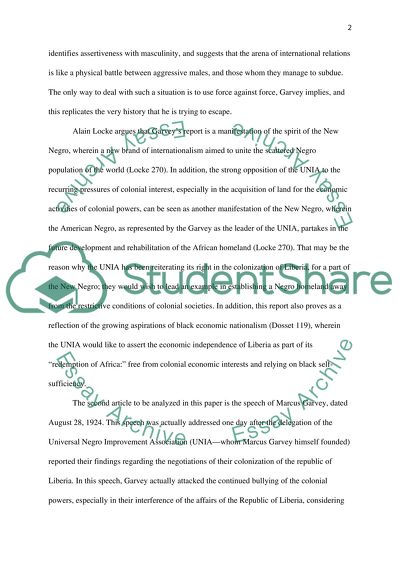Cite this document
(“The Inherent Paradox of Garveys Black Nationalism Research Paper”, n.d.)
Retrieved from https://studentshare.org/family-consumer-science/1407068-the-intersection-of-black-nationalism-and-feminism
Retrieved from https://studentshare.org/family-consumer-science/1407068-the-intersection-of-black-nationalism-and-feminism
(The Inherent Paradox of Garveys Black Nationalism Research Paper)
https://studentshare.org/family-consumer-science/1407068-the-intersection-of-black-nationalism-and-feminism.
https://studentshare.org/family-consumer-science/1407068-the-intersection-of-black-nationalism-and-feminism.
“The Inherent Paradox of Garveys Black Nationalism Research Paper”, n.d. https://studentshare.org/family-consumer-science/1407068-the-intersection-of-black-nationalism-and-feminism.


